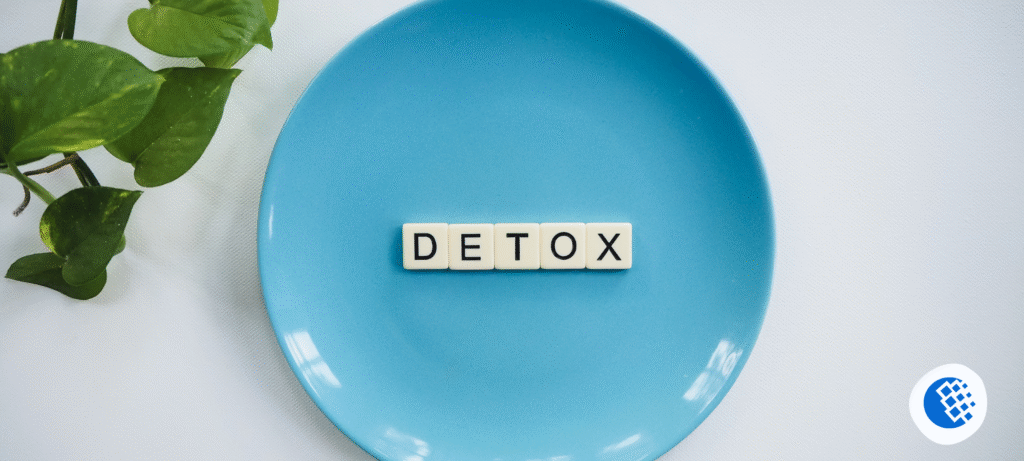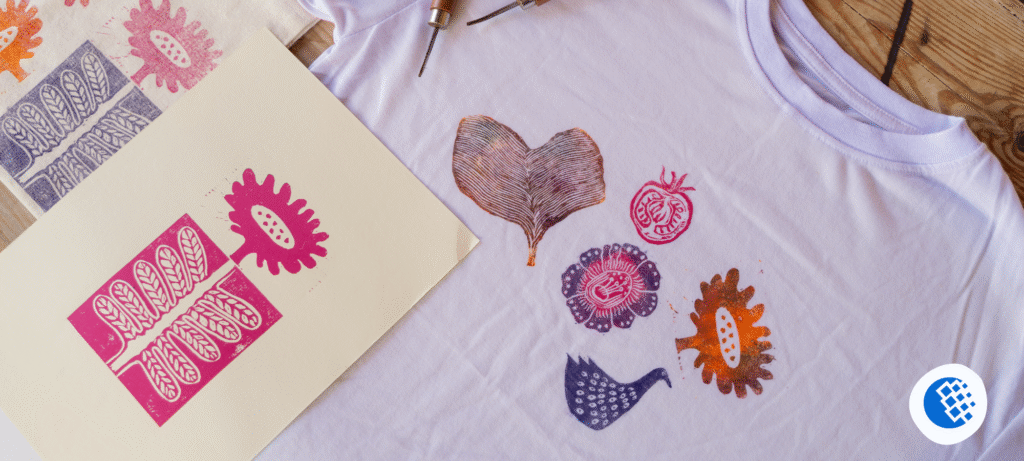Buying a used motorcycle is well worth it if done correctly. It is cheaper than new motorbikes, but the risk increases when details are not considered. Being prepared is the difference between a good and trustworthy motorcycle and buying remorse. Proper checks, thorough research, and verifying documents considerably reduce those risks. Doing it correctly allows you to get a dependable bike that fits your budget and riding requirements.
Inspect Carefully Before Purchasing
You should never purchase a motorcycle without an inspection. That is, regardless of whether it’s a pre-owned Harley, a sport bike, or a commuter bike. Walk around the motorcycle and check for rust, leaks, or a bent component. Check tires, brakes, and chain health to estimate short-term costs. Look at alignment and frame straightness since repairs here are expensive. If you are unfamiliar with mechanical issues, take a reliable mechanic along. Doing that guarantees issues are detected in time, which saves time and money.
Request Full-Service Records
Prevent surprise problems by asking for a complete service history. Regular oil change, brake work, and chain tensioning indicate prudent ownership. Records also establish if the mileage reported equals actual use. If records are not present, question maintenance habits. Vendors who refuse to show a clear history may be concealing defects. Always check papers before buying, as care in the past influences future dependability.
Always Take a Test Ride
Avoid mistakes by sensing how the motorcycle handles on the highway. Drive with a cold engine to see if it smooths out. Drive several speeds to test handling, suspension, and braking performance. Notice how the gears shift and whether any unusual sounds are heard. A test consisting of a short ride around a parking lot is not enough. A proper test ensures the motorcycle delivers performance equal to appearance.
Confirm Ownership and Legal Status
Protect yourself by cross-verifying registration, title, or logbook with the seller’s ID. It avoids future conflicts or repossession. Make sure there are no pending loans or pending fines for the motorcycle. A good seller provides documents on time without any hesitation. Avoiding vague documents is always preferable to fixing a legal mess later.
Research Prices Before Negotiating
Don’t overpay by first researching market values. Look at several platforms and compare motorcycles of the same age, mileage, and features. Having the average price works in your favour as a buyer. Sellers have respect for knowledgeable buyers and are less likely to overcharge. Going into negotiations with facts ensures you are paying a reasonable price for the condition you receive.
Account for Insurance and Maintenance Costs
Save yourself financial stress by looking beyond the purchase price. Insurance premiums increase with engine size, age, or an accident record. Unique parts on older or unusual models equate to costly maintenance. Take these long-term costs into consideration before making the buy. Buying a slightly older model with bigger support chains is sometimes a money-saver. Plan wisely to guard your budget and motorcycling pleasure.
There is no need to gamble when purchasing a used motorcycle; it is all about preparation. Check service history, inspect closely and do not miss a test ride. Never leave ownership documents unchecked, do not compare prices at the market, and do not think of inexpensive things in the future. Also, consider whether spares will be available, especially for obsolete models. Having spares on hand simplifies owning your motorcycle and reduces downtime, keeping your bike at your disposal when needed.





